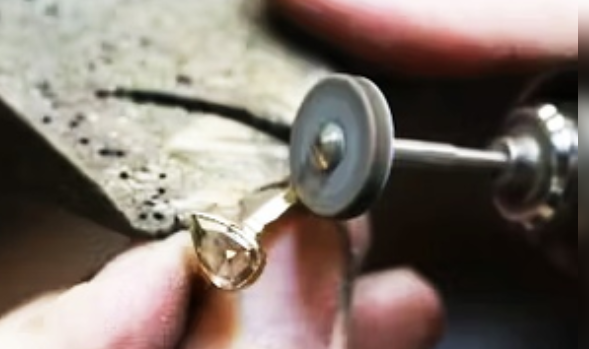Health
Jewellery, decorative item makers at high latent TB risk from silica dust: ICMR study

New Delhi, June 28
Latent tuberculosis, which occurs without any symptoms is the highest among agate stone workers -- who make jewellery and decorative items, according to a study by researchers at the Indian Council of Medical Research (ICMR).
The workers are regularly exposed to silica dust as the jewellery and decorative items are made by polishing, chipping, and drilling agate stones, which contain more than 60 per cent free silica.
"Inhaling silica dust impairs the immune system and increases the risk of developing tuberculosis (TB),' the researchers said on Friday.
The study by ICMR's National Institute of Occupational Health in Ahmedabad is based on tests of 463 agate-stone workers in Khambhat, Gujarat.
The team used an Interferon Gamma Release Assay -- a blood test that measures the immune response to TB bacteria.
The findings, published in Nature's Scientific Reports journal, showed that the "burden of latent tuberculosis infection (LTBI) in India's agate stone workers is nearly double the national average (31 per cent)".
About 58 per cent were found to have LTBI -- higher than the 41 per cent reported for high-risk groups.
Moreover, those indulged in polishing and chipping stones, which generate more dust and finer particles, showed higher LTBI positivity compared with those drilling.
Workers' low income, poor nutrition, and overcrowded living conditions increase their susceptibility to LTBI, the study showed.
"The community should be included as a high-risk group for LTBI testing in India's national TB guidelines," the researchers said.
The 2021 tuberculosis (TB) preventive treatment guidelines in India included silicosis as a screening group, yet latent TB infection (LTBI) testing for silica-dust-exposed individuals is underemphasized.
The researchers called for more cost-effective testing methods like Cy-Tb and implementing shorter, more manageable TB preventive treatment plans. They also stressed the need to put "craftspeople who inhale silica dust for five years or more on preventive treatment without the need for LTBI testing".
India, which is striving for TB elimination by 2025, grapples with an alarming 0.35-0.4 billion TB infections and 2.6 million annual TB cases. Studies indicate a 5-10 per cent progression from LTBI to active TB disease, typically within 2 years post-infection.



































